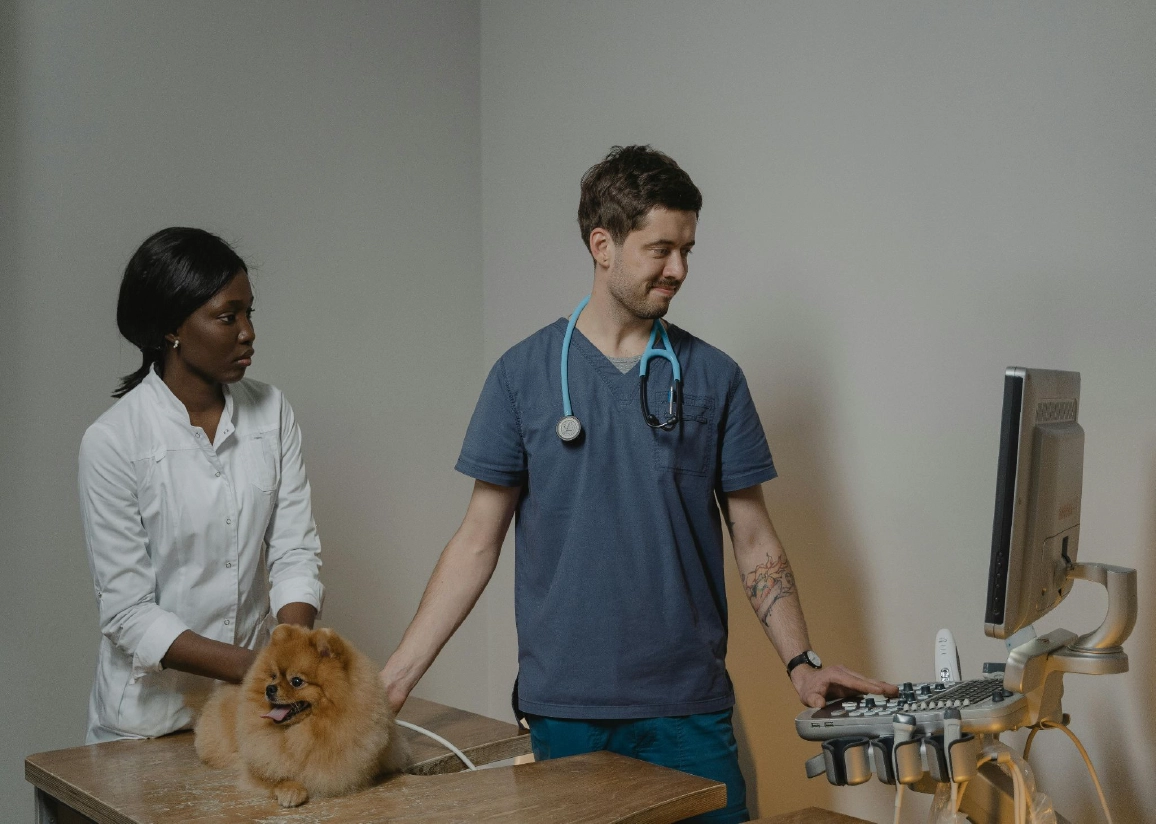Embarking on the journey of opening a veterinary clinic is an exciting endeavor that blends medical expertise with entrepreneurial spirit. It requires a deep understanding of both animal care and business principles to create a thriving practice. Each decision made in the early stages lays the foundation for the clinic’s future success. This guide from 3 Lovable Labs aims to navigate the critical considerations that will help ensure your clinic is well-positioned to meet the needs of your community and the animals you serve.
Deciding on Your Clinic’s Niche and Specialization
When launching a veterinary clinic, the foremost decision is choosing your specialty – be it general veterinary care or focused services for specific animals like cats, dogs, or exotic pets. Specializations such as surgery, emergency care, or dermatology can also set your clinic apart, depending on local demand and your expertise. A well-defined focus not only distinguishes your clinic but also attracts a targeted customer base, fostering excellence in your chosen niche.
Ensuring Legal Compliance and Navigating Regulatory Requirements
Starting a veterinary clinic demands strict adherence to legal and regulatory frameworks at various governmental levels. This includes securing necessary licenses, satisfying zoning laws, and following health and safety regulations. It’s crucial to ensure all veterinary professionals in your clinic are fully licensed and that you comply with guidelines concerning medical waste and animal care. Staying informed and compliant with these regulations is essential to prevent legal complications and ensure smooth operations.
Enhancing Business Skills Through Continued Education
When it comes to education, pursuing a business bachelor’s degree can transform a veterinary professional’s ability to manage a clinic by enhancing their business and marketing skills. This education provides crucial knowledge in areas like accounting, management, and communications. Online programs offer the flexibility to study while continuing full-time work, making it convenient to balance professional and educational commitments. Armed with a business degree, veterinarians will be better equipped to navigate the complexities of clinic ownership, from financial management to marketing strategies.
Investing in Practice Management Software for Efficiency
To enhance your clinic’s operational efficiency, investing in robust practice management software is vital. Such tools aid in daily operations, from scheduling appointments to maintaining detailed medical records and streamlining client communications. A good software solution enhances workflow, reduces administrative load, and improves service quality for both staff and clients. This technological foundation is key to a well-organized and efficient veterinary practice.
Designing an Efficient and Welcoming Clinic Layout
An optimal clinic layout promotes both operational efficiency and client comfort. Planning should include well-defined areas for examinations, surgeries, diagnostics, medication storage, and a welcoming waiting room. Efficient design reduces wait times and ensures a smooth flow of patients, while a comforting waiting area helps alleviate stress for pets and their owners. The physical layout of your clinic significantly influences clients’ perceptions and their pets’ care experience.
Building Strong Client Relationships for Long-Term Success
The foundation of a successful veterinary clinic extends beyond superior medical services to include building enduring client relationships. Transparent communication and personalized care are pivotal in fostering trust and comfort among pet owners. Providing outstanding customer service encourages ongoing patronage and positive referrals, turning occasional visitors into lifelong clients. These strong relationships are crucial for the sustained growth and reputation of your clinic.
Partnering with Reliable Suppliers for Consistent Operations
Maintaining consistent clinic operations requires establishing dependable partnerships with key suppliers, from pharmaceuticals to pet foods and equipment. Working with trustworthy vendors ensures a steady supply of necessary resources, avoiding treatment delays and keeping essentials in stock. Building long-term supplier relationships can also lead to cost benefits and superior service, as reliable partners are more responsive to your clinic’s needs. These strategic partnerships are essential for the smooth and effective running of your veterinary practice.
Launching a veterinary clinic is more than a professional venture; it’s a commitment to enhancing the health and well-being of pets. The choices you make today will impact your clinic’s efficiency, compliance, and the relationships you build with clients and suppliers. As you move forward, remember that ongoing education and strategic planning are your best tools for long-term success. Your dedication to both veterinary medicine and business excellence will define your path in this rewarding field.


0 Comments